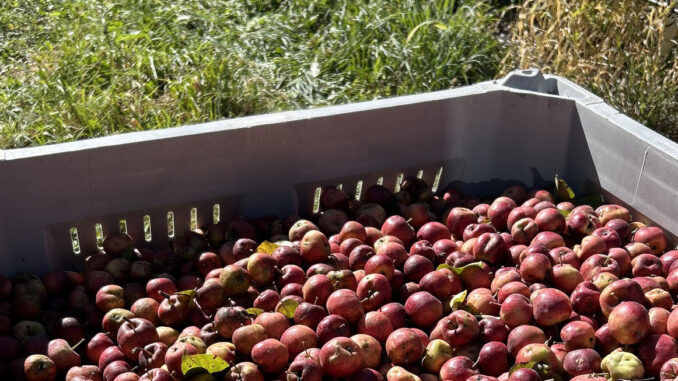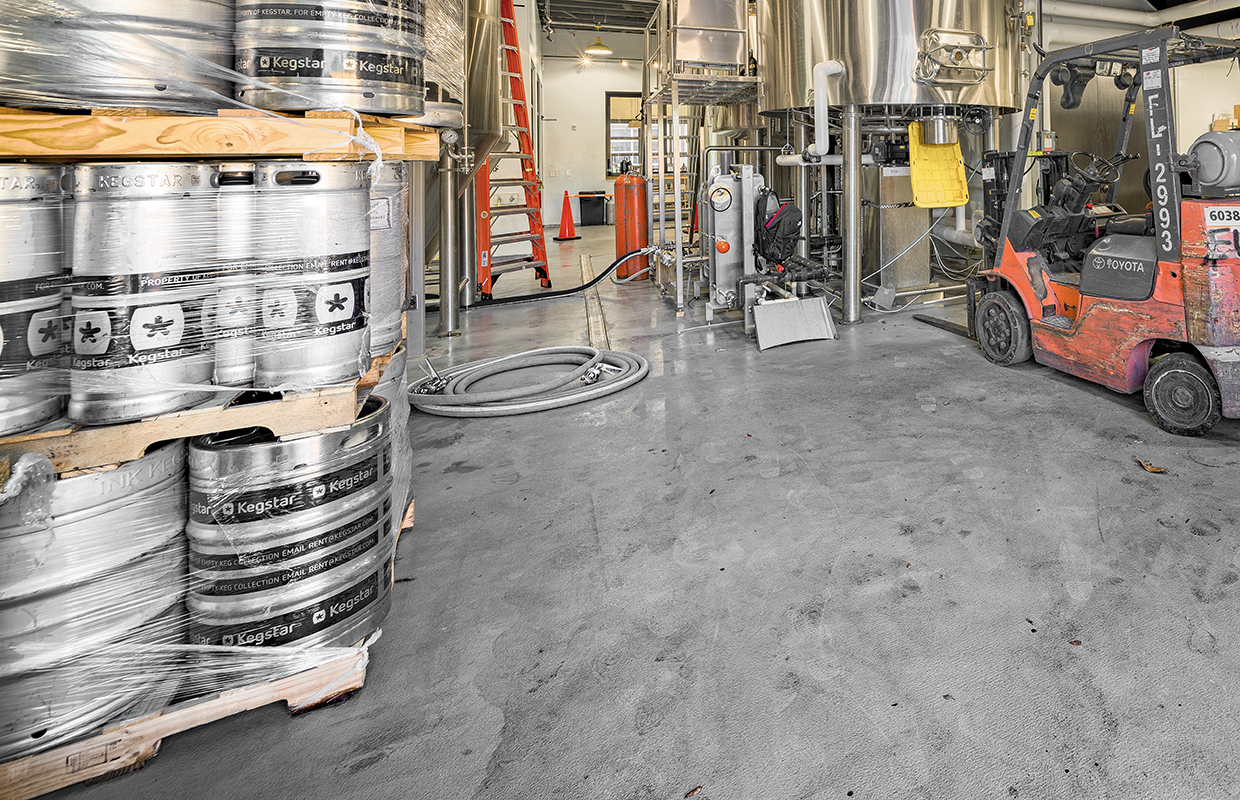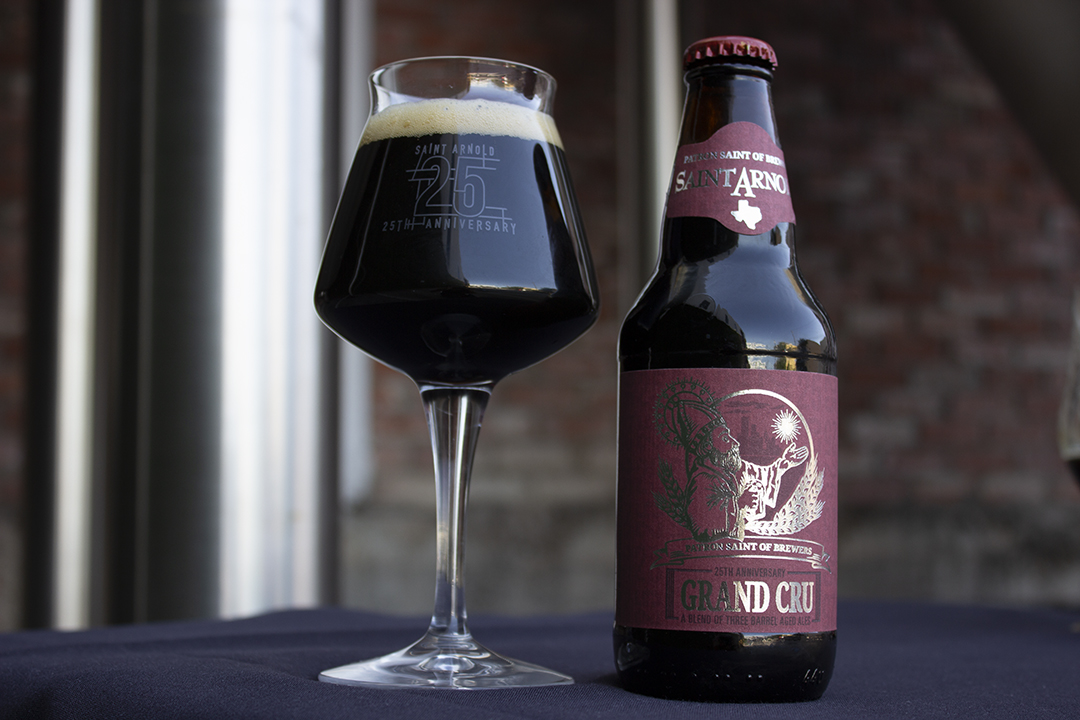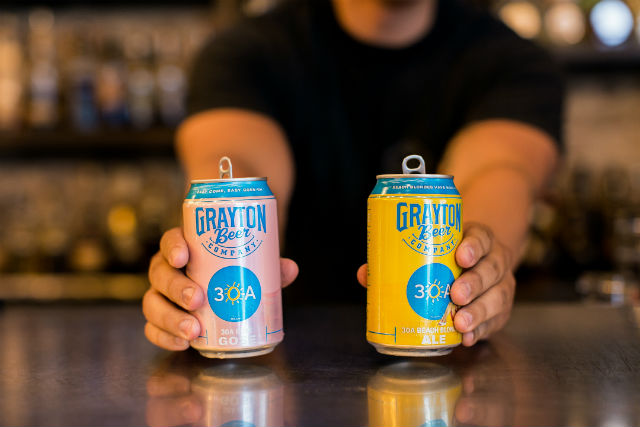
As consumers look to focus on the where and why of any business, cideries have already been there and are thriving. Three cideries — Finnriver, Keepsake, and Santa Cruz — prove that sustainability is more than just good PR. From codifying core values into business policy to sourcing hyper-local fruit and investing in clean energy, these ciderieshave made intentional choices to integrate ecological, economic, and emotional sustainability into every part of their operations. Real sustainability begins not with a marketing pitch, but with a clearly defined why, and the willingness to live it every day.
For Keepsake Cidery in Minnesota’s Cannon Valley, sustainability isn’t a checklist, it’s the foundation of the business. For cidermaker and farmer Nate Watters, the company’s approach stems from a commitment to ecological, economic, and emotional sustainability. And for other cideries, Watters believes success in this area starts not with tactics, but with purpose.
“Sustainability” can easily become an empty buzzword, Watters warns. At Keepsake, the term means leaving their land and the planet better than they found it. That belief drives every decision, from organic orchard management to how they structure their business and connect with the community.
Keepsake’s ecological sustainability begins with organic farming. The cidery is one of the largest organic orchards in Minnesota, despite being, as Watters puts it, “a tiny orchard.” They follow low-spray and no-spray practices, avoid irrigation whenever possible, and rely on mulching and soil stewardship. They’re also part of the Real Organic Project, a grassroots movement aiming to improve and deepen USDA organic certification standards. Their facility operates on solar energy, and their production is intentionally kept small and local to minimize carbon emissions and material consumption.
Economic sustainability plays just as central a role.
“If you can’t pay the bills, your farm’s not going to be around,” Watters said during a 2025 CiderCon Panel. For Keepsake, that means prioritizing fair wages for staff and advocating for pricing that truly supports farmers. He challenges cideries to ask farmers what they need for a sustainable livelihood, not just what buyers think they can afford.
“Life’s full of challenges,” Watters said. “Here’s one worth acting on.”
The third pillar, emotional sustainability, is less often talked about in business circles, but no less critical. Watters said the emotional well-being of cider makers and farmers can’t be overlooked. Burnout is real, and without joy or purpose, sustainability efforts crumble. At Keepsake, this manifests in community dinners, local farmer collaborations, and a company culture rooted in shared values.
“We try to hold space for joy and connection,” he said. For Watters, the “why” of sustainability is more important than the optics. If it’s not in your DNA, he says, it won’t last. Sustainability isn’t a marketing tactic—it’s a mission.
“If your goal is to sell to InBev, this probably isn’t your path,” he said of looking to be a more sustainable company. “This is hard work, and it has to come from who you are.”Watter believes other cideries need to begin with the question: Why are we doing this? If the answer is grounded in a real desire to leave the world better and to collaborate rather than compete, then that foundation can carry a company through the long-term work of building a better future.
Santa Cruz Cider has embraced a series of sustainable practices aimed at improving both its environmental impact and its operations as a certified green business in California. Owner Nicole Todd said that although the cidery only recently received its official certification, many of the measures had been in place for years.
Todd encouraged others to explore their local or state green business programs.
“There’s tons of details,” she said, referring to California’s Green Business Network. “Basically, there are 100 different things I needed to do in order to be certified green. I think I got to number 92 and hung out there for a couple of years.”
She eventually reached out for a free consultation, which helped her complete the final steps. Todd said the process served as a valuable tool for evaluating every aspect of her business, down to the types of paper towels being used.
The cidery has also committed to offsetting its carbon footprint through TradeWater, a company focused on preventing high-impact refrigerants from reaching the atmosphere. After a brief consultation and carbon assessment, Santa Cruz Cider began paying roughly $100 monthly to support global climate initiatives.
“We’re kind of helping on a larger project that way,” Todd said.
One of the most impactful changes came from hyper-local sourcing.
“All of our apples come within five miles from where we are,” Todd said, noting it took time and relationship-building to establish that network of local growers. Sourcing strawberries, pears, and quince locally not only supports nearby farms but also significantly cuts down on transportation emissions.
The company’s distribution strategy also plays a part in their sustainability approach. Todd doubles as the sales rep and delivery driver, limiting her deliveries to a two-county radius to minimize fuel use. With an annual production of around 8,000 gallons, Santa Cruz Cider sells everything it produces without needing to ship far.The cidery’s facility runs on solar power, adding another layer of environmental benefit. Additional green upgrades include switching to LED lighting, installing plastic strip curtains in walk-in coolers to conserve cold air, and conducting regular maintenance on refrigeration systems to ensure energy efficiency.
“Once you start diving into it, all these little things will make a big impact,” Todd said. “If everyone made one small change, it would make a really big impact on helping the environment.”
These small, thoughtful steps taken consistently can add up to meaningful change for the planet and for the business.
At Finnriver Cidery in Washington State, sustainability is not just a value, it’s a fully integrated strategy that drives both daily operations and long-term identity. For Operations Director Andrew Byers, this philosophy isn’t about checking boxes. It’s about codifying purpose, creating culture, and building a business that attracts like-minded people, both as employees and customers.
READ MORE: Sustainability Efforts in Growth
Finnriver produces around 80,000 gallons of cider annually, and while a portion comes from its 14-acre orchard, most of the juice is sourced from organic growers within the state. Years ago, the cidery stopped transporting apples over the Cascade Mountains to press on-site and instead began sourcing fresh-pressed juice. The shift dramatically reduced fuel consumption, labor strain, and logistical inefficiencies.
“It looked like a sustainability decision,” Byers said. “But really, it was an economic one that happened to be better for everyone.”What distinguishes Finnriver is how seriously it treats storytelling and codification. The company began its journey by sharing its values, with things such as organic practices, salmon-safe certification, and small-scale farming ethics. But over time, it built those values into policy. By codifying sustainability into employee handbooks, onboarding processes, and internal training, the cidery ensured every new hire understood and embraced its mission. That commitment helps attract talent who share those values, even at the expense of higher-paying jobs elsewhere.
“You have to write it down,” Byers said. “If you don’t codify it, you’re not building that culture within your company.”
Codifying practices also meant pursuing rigorous third-party certifications, including B Corp status. That decision required legal amendments to the cidery’s incorporation documents, which was an intentional step toward becoming a “business as a force for good,” he said.
The rewards of these choices go beyond environmental impact. Codification enhances credibility, deepens brand identity, and serves as a beacon for both consumers and job seekers. It’s why people in their 20s and 30s are willing to relocate to rural Washington to work there.
“They want to be part of something meaningful,” Byers said.
Finnriver has also embraced partnerships with organizations like Slow Food, using certifications like the “Snail of Approval” not only as validation but as playful tools in marketing and storytelling.
“You can find snails in your orchard,” he said. “And then you can relate that back in your social media.”
Sustainability isn’t a veneer, he points out, it’s a structure. If you want your business to thrive, codifying your purpose is essential. It’s what attracts passionate employees, earns consumer trust, and helps your cidery stand out in a crowded market.
“People have been making great cider for hundreds of years,” Byers said. “So why drink ours? Because everything behind it tells you who we are.”






